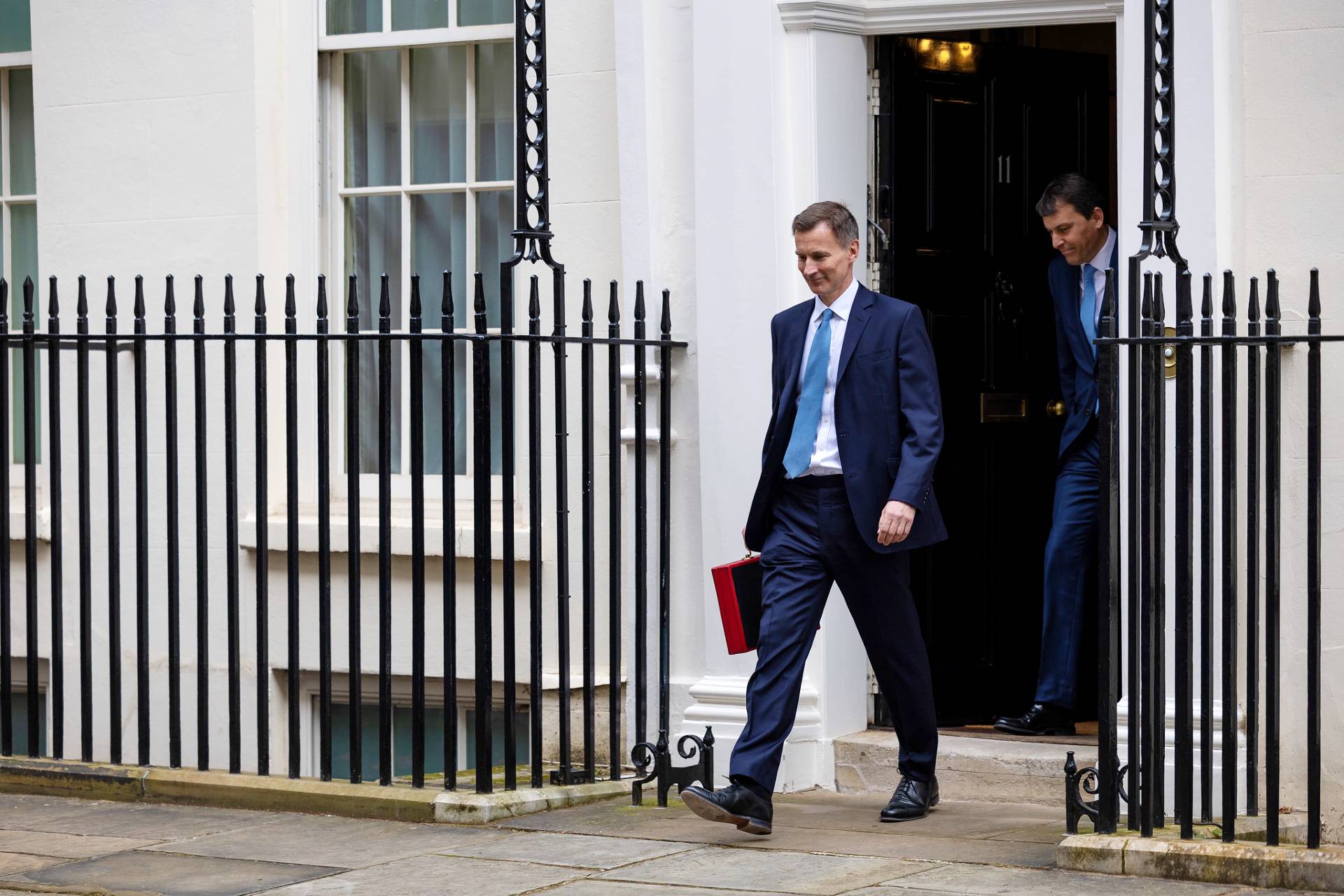Today (22 November) chancellor Jeremy Hunt announced the 2023 Autumn Budget. What are the implications for green energy, clean tech and businesses with net zero targets? We’ve highlighted the key takeaways.
Speeding up planning permission
The chancellor said today that it currently takes “too long to approve infrastructure projects and business planning applications”. The Local Government Association has warned that planning fees don’t actually cover the full costs of a local authority’s planning service, and this is one of the reasons why councils are struggling with a backlog. The chancellor’s solution is to give local authorities the opportunity to charge businesses the full costs of big planning applications if they can give a decision within a specified time.
If your business is considering an on-site renewables project or any other construction work, you may need to budget more for the planning stage once this new measure comes into force. The upside will be (hopefully) much less delay before you get started. If the council still can’t move fast enough, then under the new rules it will be required to process the application free of charge.
Quicker connections for renewable generation
Grid access delays are a growing problem for the UK’s renewables sector. As far back as May, the chief executive of Ofgem warned that the current system of queueing for a connection is slowing down the availability of new generation projects. (In October a Centrica report found that around a fifth of projects in the queue are actually “phantom projects” which are nowhere near ready.) The chancellor acknowledged today that it takes “too long for clean energy businesses to access the grid” and announced a 90% cut to grid access delays. It is not yet known how this will be achieved, but the strategy is likely to take into account the recommendations of the Winser report on electricity networks, which was published in August. A full response to the report will be published today.
Sweeteners for potential NIMBYs
In another move to reduce barriers to new infrastructure, Hunt announced that people living near new energy transmission infrastructure will get up to £10,000 off their bills over a decade. This is intended to reduce local objections to new pylons and substations. The chancellor has been warned that this disproportionately rewards wealthier rural communities. But it could make a big difference to how fast the UK can develop a grid robust enough for the new renewables we need.
*NIMBY stands for ‘not in my back yard’ – and typically refers to local opposition regarding onshore wind turbines, particularly those that are visible in residential areas.
£2bn for EVs, £960m for green industry
The chancellor is committing an additional £4.5bn for “strategic manufacturing” between 2025 and 2030. £2bn of this will go towards “zero-emissions investments in the automotive sector” – presumably meaning electric vehicles.
£960m is earmarked for a New Green Industries Growth Accelerator. This will focus on offshore wind, electricity networks, carbon capture, utilisation and storage (CCUS) and hydrogen. This is part of a strategy to attract more outside investment in these sectors. Because investors have called for more certainty about the direction of travel, he will also be publishing a longer term plan for green growth in the UK.
Full expensing to be permanent
In the 2023 Spring Budget, Hunt introduced “full expensing” to replace former chancellor Rishi Sunak’s “superdeduction” scheme. Under full expensing, businesses can claim a capital allowance of 100% on qualifying investments such as new machinery. It means that for every pound a business invests, it effectively gets a tax cut of 25p. The chancellor announced today that this measure will be permanent. This is good news for any business considering net zero measures involving the upfront purchase of costly new machinery or equipment. It means that the UK has the most generous tax allowances for capital expenditure in the G7.














